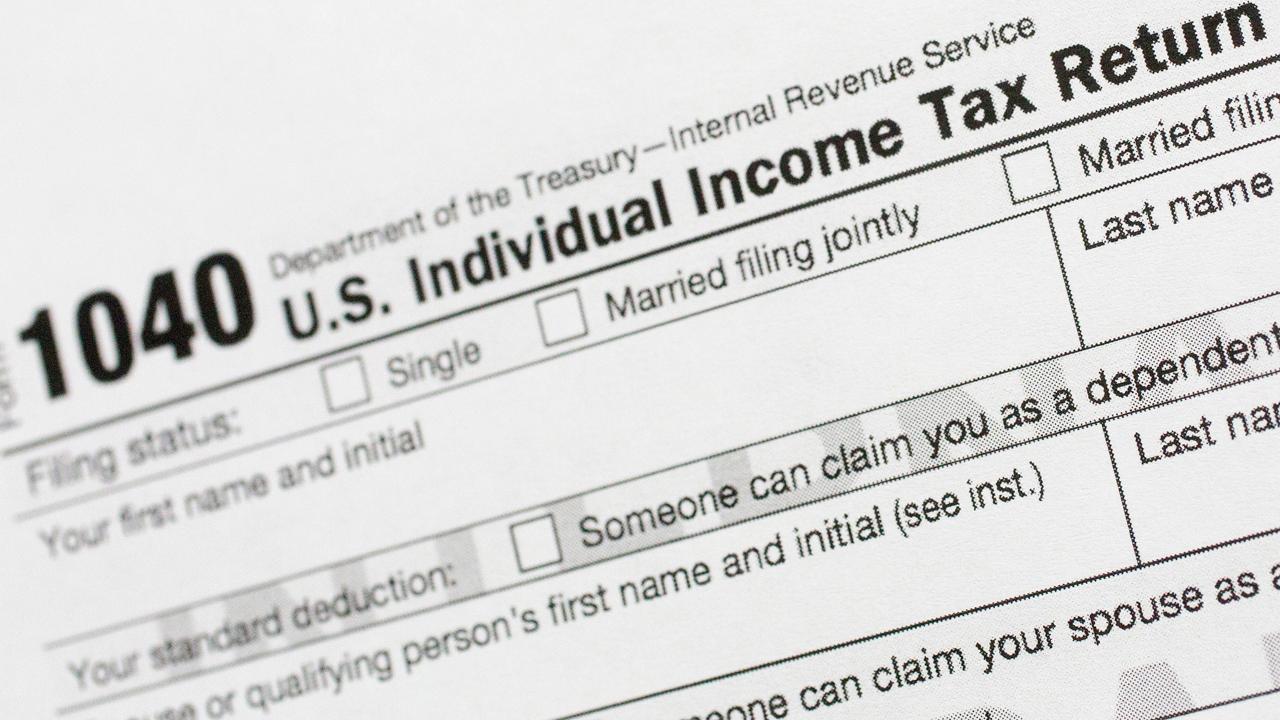Telecommuting in some states brings new tax challenges
A handful of states have aggressive taxation rules, even for remote workers
Workers around the U.S. are telecommuting due to coronavirus-related lockdown and social distancing guidelines – which may raise some interesting issues for taxpayers and their employers in certain states.
New York, for example, is one of a handful of states that has adopted what is known as the convenience of employer rule.
That means it sources all of an employee’s income to the employer’s state, typically regardless of where that employee is physically working. Generally, in order to evade this tax measure, an employee would have to prove that the work was done in a different state (remotely) out of the employer’s necessity and not the worker’s “convenience.” It generally needs to be proven that the work could not have been performed in the office.
WILL CORONAVIRUS CRISIS SPARK FRESH EXODUS FROM HIGH-TAX STATES?
Workers typically receive a credit on their resident returns for taxes paid on income in other jurisdictions. However, each state has different tax treatment, which means some remote workers are at risk of being double-taxed while working from home.
For years, for example, Connecticut residents who worked in New York were not receiving credit for taxes paid to the Empire State against their Connecticut income tax liability. So for days they worked at home in Connecticut, they were paying taxes on that income to both states. That is, until Connecticut recently adopted the rule itself.
States that provide credits are missing out on that tax revenue.
NEW YORK MAY BE CHALLENGED OVER QUARANTINED WORKERS' TAX REVENUES
Currently, five other states besides New York have the convenience rule in place. Those states include Arkansas, which effectively adopted the rule in February, Connecticut, Delaware, Pennsylvania and Nebraska. Aside from Arkansas, a couple of those states – like Connecticut – also recently adopted the measure, indicating that it has been gaining in popularity, American Institute of CPAs’ Eileen Sherr told FOX Business.
However, tax experts have raised concerns as to how relevant the test is during the pandemic – since many employers have implemented mandatory office closures. That means many employees are not able to go into work, even if they wanted to.
GET FOX BUSINESS ON THE GO BY CLICKING HERE
But Geoffrey Weinstein, special counsel in the Tax, Trusts & Estates Department of Cole Schotz, told FOX Business he expects that New York employers are treating the income as sourced to New York – but other jurisdictions, like New Jersey or Connecticut, could challenge those allocations.
The stakes for New York City are high – it has been estimated that more than half of the city’s daytime population consists of people who do not live there but commute there for work although some of those people still live in New York state.
New York is notoriously aggressive when it comes to tax collections. Individuals have pushed back against the rule in the past – to no avail. And given the state’s current fiscal challenges, it is unlikely to back down without a fight.




















